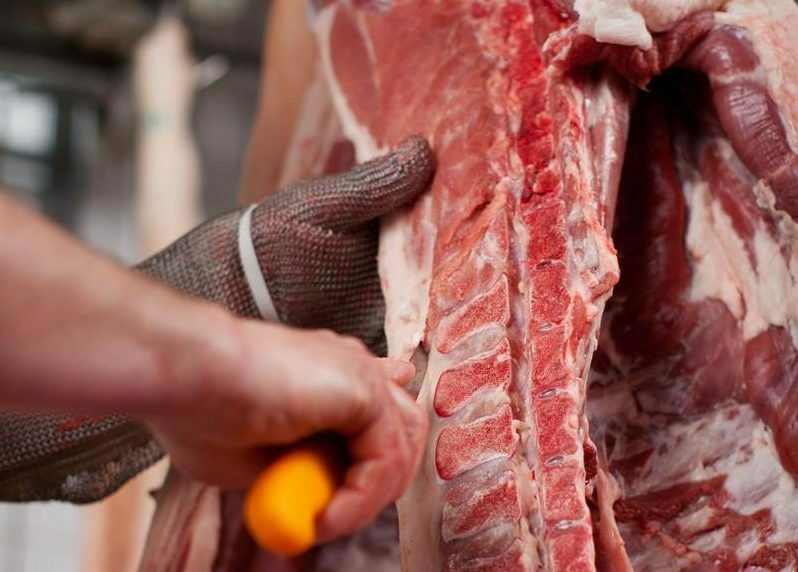Dawn Meats has said that it will not publicise the results of testing carried out among staff at its meat plants.
The processor said in a statement that it will “ensure all staff, close contacts, the HSE [Health Service Executive] and relevant authorities are fully informed”, but that it “does not plan to publish updates or give commentary on test results at specific plants”.
The processor also confirmed that staff who are obliged to self-isolate in line with HSE guidelines will continue to be paid.
“The production of food is an essential service that is important to maintain, but it has to be done in a manner that deals with the risk of Covid appropriately,” the statement said.
“We want to thank the health workers who have supported our staff’s health and well-being, and our staff and our farmer suppliers who work daily to produce high-quality food for consumers nationally and across the world,” it concluded.
The processor outlined a number of measure in place at its facilities, which include (among others):
- Response teams established at each site;
- Risk assessments implemented and reviewed;
- Signage and notices at all plants in various languages;
- Regular briefings and training for staff;
- Issuing of personal protection equipment (PPE) to all staff, and the installation of perspex screens.
Serial meat plant testing resumed nationwide this week.
‘Grave reservations’
Before serial Covid-19 testing was suspended last week, an average total of 751 tests were done in meat plants per day across Ireland, according to SIPTU manufacturing division organiser Greg Ennis.
Ennis said that along with his opinion that serial testing should continue on a weekly basis in plants until the virus is suppressed both in the community and workplace, the turnaround time for results needs to be within 24 hours, not between two and four days as Ennis said is currently the case.
“I still have grave reservations about the testing. When the serial testing commenced on August 21, they were testing, on average, 751 across the meat industry,” Ennis said.
“The fact that testing had to be ceased because of demand that grew in Dublin two weeks ago really concerns me because if the capability is that tight that we have to stop testing because of increased demand, that poses serious questions and serious concerns for the winter ahead,” the SIPTU representative said.
